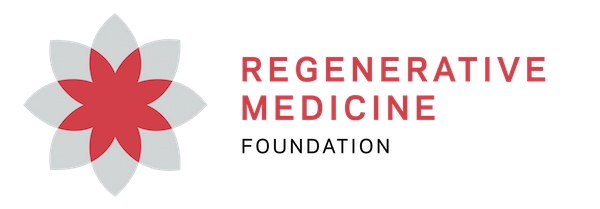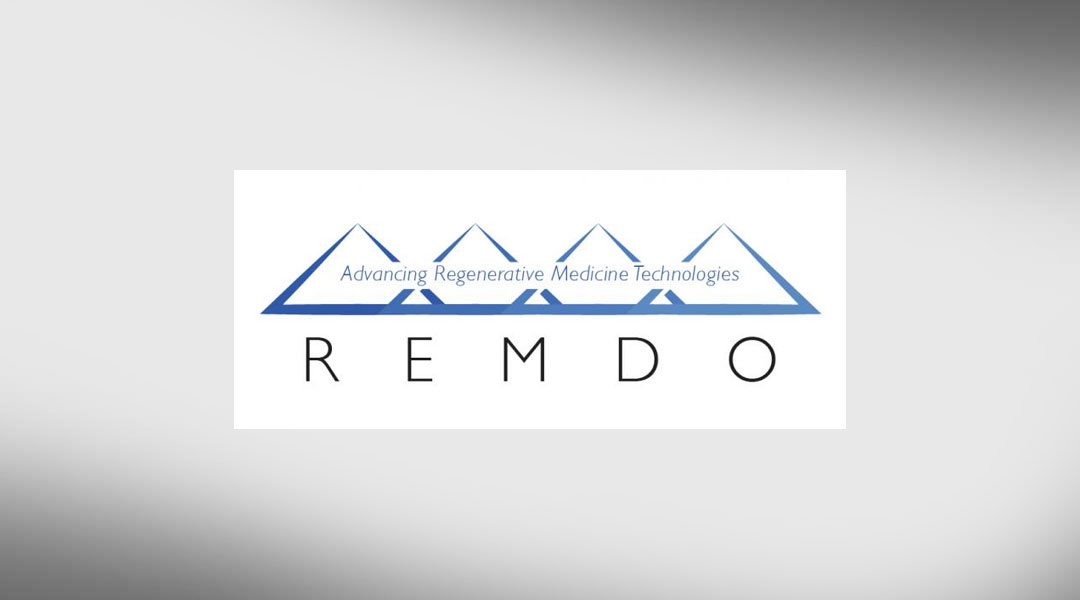WINSTON-SALEM, NC, July 15, 2021 – (Link to EurekAlert Article) Answering a charge from the National Science Board, the RegenMed Development Organization (ReMDO), through its RegeneratOR Workforce Development Initiative, has released the results of a national survey of regenerative medicine biomanufacturing knowledge, skills, and abilities needed for successful employment in the regenerative medicine field.
The National Science Board called for the creation of a skilled technical workforce driven by science and engineering in its 2019 report, “The Skilled Technical Workforce: Crafting America’s Science and Engineering Enterprise.”
“The RegeneratOR initiative has undertaken a necessary early step with its survey by articulating the knowledge, skills and abilities needed to align education and workforce development programs with employer needs,” said Gary Green, EdD, Chief Workforce Development Officer for the Wake Forest Institute for Regenerative Medicine (WFIRM), which is working closely with ReMDO on this effort.
Green and colleagues published their findings recently in STEM CELLS Translational Medicine journal. The purpose of the article is to outline the knowledge, skills, and abilities necessary for regenerative medicine biomanufacturing, quantify the skills gap that currently exists between skills required by employers and those acquired by employees and available in the labor market, and make recommendations for the application of these findings.
“Regenerative medicine biomanufacturing represents one of the emerging technology-driven growth sectors. With recent and projected future growth in regenerative medicine, the availability of a knowledgeable and skilled workforce is a critical success factor for business and academic organizations,” said Josh Hunsberger, PhD, chief technology officer for ReMDO. “As the field progresses from research to clinical translation and from translation to biomanufacturing, the skill requirements are evolving.” Three levels of preparation are articulated in the research: basic employability skills, core bioscience skills, and regenerative medicine biomanufacturing technical skills. Fifteen skill sets addressing the specialized needs of regenerative medicine and related biotechnology sectors are identified in the survey.
Overall survey results indicate that while regenerative medicine biomanufacturing is experiencing rapid growth, there exists a pronounced lack of needed skills sets in the workforce and an inability to hire for those skills in the labor market.
Based on the survey results, the ReMDO team made five recommendations to develop the workforce development ecosystem.
1. Provide faculty development opportunities in regenerative medicine for kindergarten through 12th grade, community college, and universities (including 4-year colleges) that are aligned with industry needs that support grade/level appropriate learning.
2. Incorporate regenerative medicine principles and applications in STEM-related academic curricula, recognizing the multidisciplinary nature of the field.
3. Provide progressive levels of work-based learning in regenerative medicine, kindergarten through 12th grade to university.
4. Pursue a diverse and inclusive skilled technical workforce in regenerative medicine.
5. Advocate for policy and investments in regenerative medicine and convergent technology workforce development.
“The insights provided by these survey results are an essential starting point to help us prepare for the future of regenerative medicine biomanufacturing,” said co-author Anthony Atala, MD, who serves as director of WFIRM. “It is crucial to have a trained and highly skilled work force in place to advance the important research now reaching patients.”
###
About the Wake Forest Institute for Regenerative Medicine:
The Wake Forest Institute for Regenerative Medicine is recognized as an international leader in translating scientific discovery into clinical therapies, with many world firsts, including the development and implantation of the first engineered organ in a patient. Over 400 people at the institute, the largest in the world, work on more than 40 different tissues and organs. A number of the basic principles of tissue engineering and regenerative medicine were first developed at the institute. WFIRM researchers have successfully engineered replacement tissues and organs in all four categories – flat structures, tubular tissues, hollow organs and solid organs – and 15 different applications of cell/tissue therapy technologies, such as skin, urethras, cartilage, bladders, muscle, kidney, and vaginal organs, have been successfully used in human patients. The institute, which is part of Wake Forest School of Medicine, is located in the Innovation Quarter in downtown Winston-Salem, NC, and is driven by the urgent needs of patients. The institute is making a global difference in regenerative medicine through collaborations with over 400 entities and institutions worldwide, through its government, academic and industry partnerships, its start-up entities, and through major initiatives in breakthrough technologies, such as tissue engineering, cell therapies, diagnostics, drug discovery, biomanufacturing, nanotechnology, gene editing and 3D printing. http://www.
About ReMDO:
ReMDO manages the world’s first initiative dedicated to advancing regenerative medicine manufacturing, the Regenerative Medicine Manufacturing Innovation Consortium (RegMIC), an industry driven effort focused on scaling up technologies, and the Regenerative Medicine Manufacturing Society (RMMS), a professional organization. ReMDO also runs the RegeneratOR Test Bed, which seeks to assist startups and growth companies with new and emerging technologies through access to advanced biomanufacturing equipment and programs to support prototyping and initial product development, as well as the RegeneratOR Business Incubator and Workforce Development programs. http://www.

